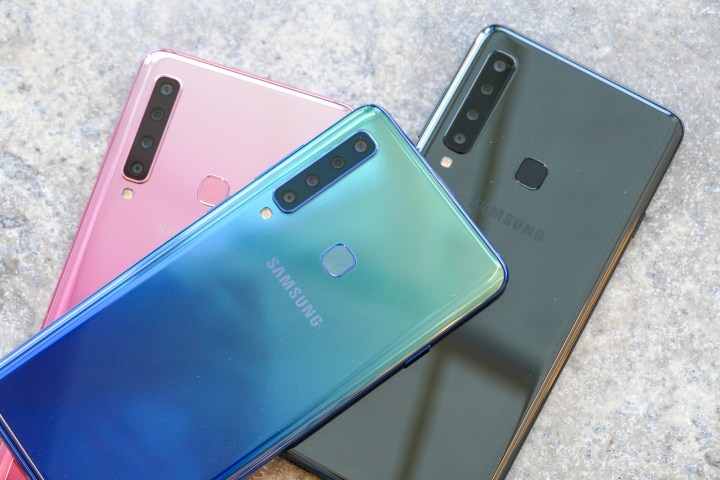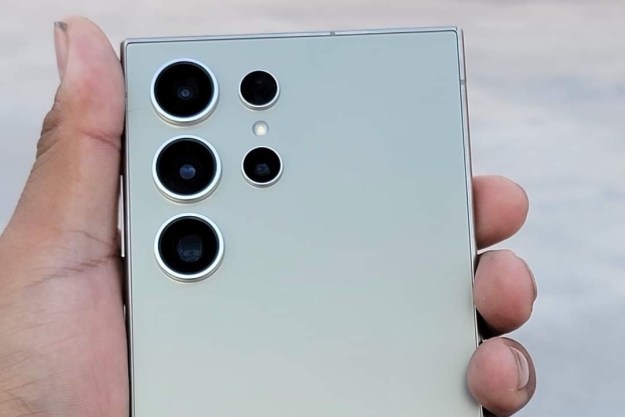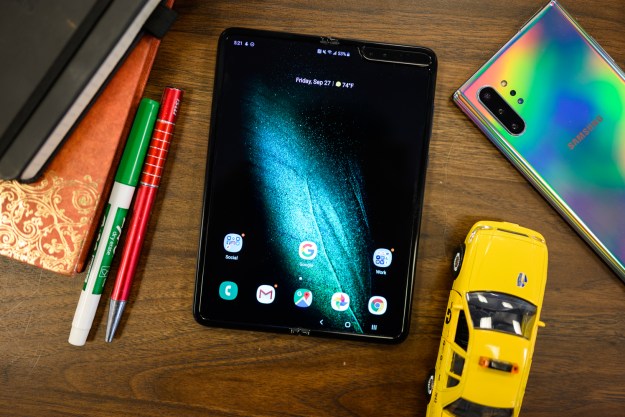
The global smartphone market has suffered a drop of 6 percent in overall sale numbers, according to a report on the third quarter of 2018 from the International Data Corporation (IDC).
Similar to the drop in smartphone sales in the first quarter of the year, the IDC points at a slowdown in the Chinese market as being one of the primary factors for the global slump. Since China accounts for roughly a third of the overall global sales for smartphones, a reduction in Chinese buying tends to hit the market hard.
“China’s domestic market continues to be challenged as overall consumer spending around smartphones has been down,” said Ryan Reith, IDC’s Worldwide Mobile Device Trackers program vice president. “High penetration levels, mixed with some challenging economic times, has slowed the world’s largest smartphone market.”
Another significant reason for the slump is a drop in sales for Samsung. While the Korean company still sits pretty atop the pile with a 20.3 percent market share, sales have fallen 13.4 percent from 83.3 million in the third quarter of 2017 to 72.2 million this last quarter. According to the report, pressure in India and Indonesia from manufacturers like Vivo, Oppo, and Xiaomi are the most likely reasons for Samsung’s drop in sales. While the Galaxy Note 9 sold well, Samsung’s lack of strong midrange and budget range devices is starting to seriously hurt the company in certain markets. However, Samsung is looking to alter that by offering more feature-packed midrange options like the Galaxy A9.
Other manufacturers did better amid the slump. After passing Apple to become the second-largest phone manufacturer, Huawei’s reach has grown by another 32.9 percent — for a total of 52 million sales in this quarter. Apple’s sales grew too, though only by 0.5 percent to 46.9 million. The IDC expects that the recent release of a new iPhone range will mean stronger sales during the holiday period.
Xiaomi also continues to grow, adding 6 million sales to its numbers from the third quarter of 2017. If it keeps up its strong growth, we could see another Chinese company surpass Apple — but that seems unlikely for at least the next few years, even with further expansion into the U.K.
This is the fourth consecutive quarter the smartphone market has shrunk, and it shows no sign of stopping. It seems most consumers are happy to wait for longer before upgrading their phone — and that delay is hurting the market as a whole. However, it might not be forever, and the IDC predicts growth will return in 2019.
Editors' Recommendations
- Have a Samsung Galaxy S23? Don’t update your phone to One UI 6.1
- The top 7 bestselling phones of 2023 were all … you guessed it
- I’m a lifelong iPhone user. Here’s what I think about the Samsung Galaxy S24
- I want the iPhone 16 to steal these 6 Galaxy S24 features
- Look who just replaced Samsung as king of the global smartphone market


